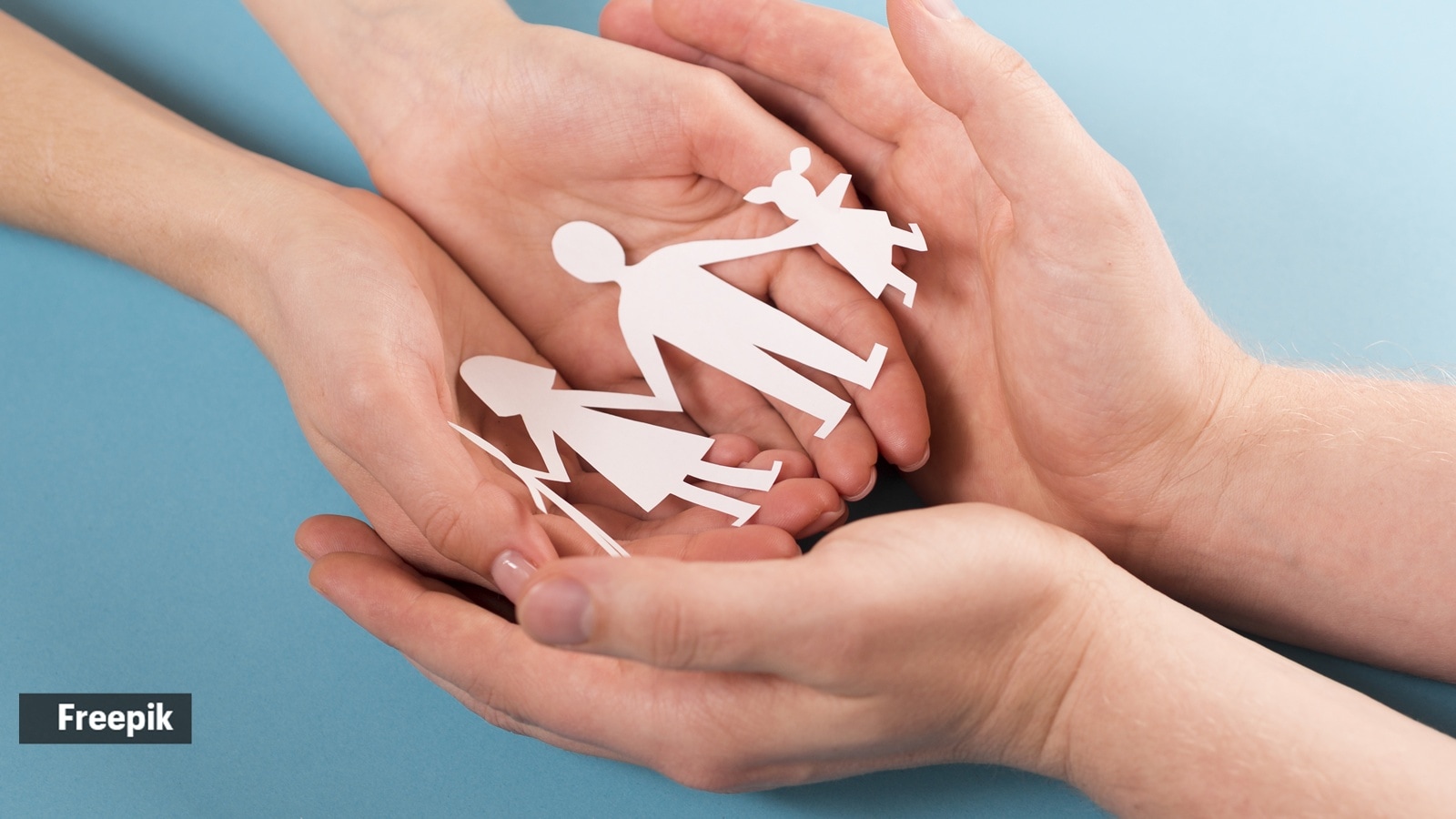📣 For more lifestyle news, click here to join our WhatsApp Channel and also follow us on Instagram
Soha Ali Khan opens up about her ‘biggest fear’ regarding 80-year-old mother Sharmila Tagore: ‘I think about it all the time’
"I am grateful that when it comes to lung cancer, the most important thing is prevention and detection," said Soha Ali Khan
 Soha Ali Khan speaks about Sharmila Tagore at 80 (Photo: Soha Ali Khan/Instagram)
Soha Ali Khan speaks about Sharmila Tagore at 80 (Photo: Soha Ali Khan/Instagram)Soha Ali Khan, 46, echoed the sentiments of many when she spoke about her 80-year-old mother, Sharmila Tagore. “Of course. My biggest fear is untimely death and the loss of loved ones. You can kind of handle everything else. But those are things that affect me more. I think about it all the time,” the Rang De Basanti actor told journalist and content creator Nayandeep Rakshit on his YouTube channel.
She also expressed gratitude for Tagore’s early detection of cancer and subsequent recovery. “I am grateful that when it comes to lung cancer, the most important thing is prevention and detection. That happened miraculously at an early stage, such that we have the results that we have today.”
 And the heavier truth is that no matter how old we grow, the thought of losing a parent never stops feeling unbearable. (Photo: Freepik)
And the heavier truth is that no matter how old we grow, the thought of losing a parent never stops feeling unbearable. (Photo: Freepik)
Taking a cue from her admission, let’s explore these fears further and learn how to manage them.
While it’s a simple statement, behind it lies the “quiet heartbreak” of every adult watching time catch up with their parents. “The fear that one day, the person who once protected you will need protection themselves. And the heavier truth is that no matter how old we grow, the thought of losing a parent never stops feeling unbearable,” said Delnna Rrajesh, psychotherapist and life coach.
Soha’s words highlight the invisible tension between love and helplessness, between gratitude and fear.
Let’s look at what this emotional space really holds:
Anticipatory grief
Even when parents are healthy, the thought of their mortality can quietly haunt us. “This is called anticipatory grief — mourning before loss actually occurs. It often shows up as irritability, over-protectiveness, or constant worry,” Delnna shared.
Role reversal
The caregiver becomes the cared for. You start reminding them to take medicines, watching them slow down, and repeating things twice. “Psychologically, this reversal shakes the foundation of your sense of safety, because the person who once steadied you now leans on you,” described Delnna.
Unspoken guilt
Many of us feel guilt for not spending enough time, not calling often enough, or choosing our own lives over theirs. “But this guilt is love disguised as powerlessness. We wish love could freeze time, but it can’t,” reflected Delnna.
The fear of the final goodbye
When Soha says she doesn’t want an “untimely passing,” she’s voicing what we all crave – more time. “Time to say thank you. Time to make memories. Time to heal unfinished parts of our story with them,” emphasised Delnna.
The psychology of acceptance
According to the expert, ageing parents trigger our deepest existential fears — not just of their mortality, but of our own. “In therapy, the healing begins when we move from denial to acceptance. Acceptance doesn’t mean we stop caring. It means we start cherishing, consciously. We stop measuring time in years and start counting moments. We replace control with compassion. We learn to say, ‘I love you’ without waiting for the perfect moment,” said Delnna.
Practical ways to cope
Practising mindfulness, gratitude, and being emotionally present with loved ones can help channel fear into appreciation rather than worry, shared Dhara Ghuntla, psychotherapist and independent practitioner. “Open conversations about health, regular check-ups, and focusing on prevention — as Soha mentioned — also create a sense of control and calm,” said Dhara.
Delnna shared some ways that help.
Create new rituals of connection
Sit with them at dusk, ask about their childhood, laugh over old stories. “These small rituals anchor both you and them in presence,” said Delnna.
Give them the dignity of independence
Ageing doesn’t erase identity. “Let them make choices, even if it means letting go of perfection. Emotional respect keeps their spirit alive far more than constant supervision,” said Delnna.
Heal old wounds, gently
If there are unresolved conflicts, now is the time to soften them. “Not with forced forgiveness, but with honest conversations. Remember: parents aren’t perfect — they’re human,” shared Delnna.
Prepare emotionally, not fearfully
Talk about their wishes, their memories, their legacy. “Doing this doesn’t hasten loss — it brings peace,” said Delnna.
Transform fear into gratitude
Every shared chai, every phone call, every joke is a blessing. “Gratitude grounds the heart in love rather than dread,” said Delnna.
📣 For more lifestyle news, click here to join our WhatsApp Channel and also follow us on Instagram
- 01
- 02
- 03
- 04
- 05



























